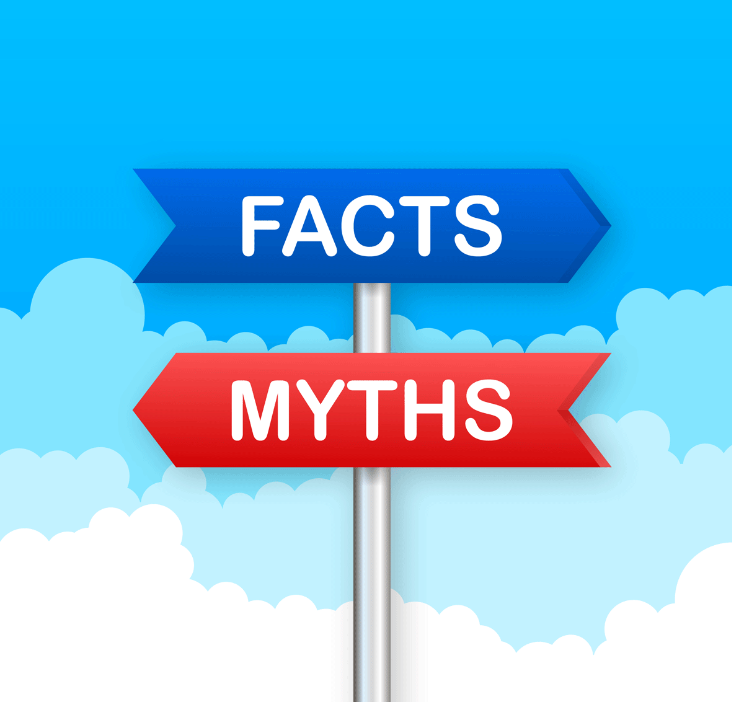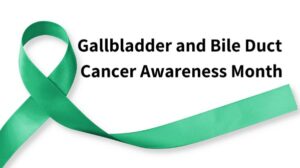Cancer, a disease characterized by the uncontrolled growth of abnormal cells, is a leading cause of death worldwide. Despite extensive research and public awareness campaigns, numerous myths persist about cancer, often leading to unnecessary fear and misinformation. This blog aims to dispel some of the most common cancer myths and present the facts, empowering readers with accurate knowledge.
Cancer Myths vs Facts:
- Myth: Cancer is always hereditary.
Fact: While genetics play a role in some cancers, the majority are caused by environmental and lifestyle factors. Only about 5-10% of cancers are primarily due to genetic defects.
- Myth: Cancer always leads to death.
Fact: With advancements in medical science, many cancers are now treatable, and survival rates have significantly improved. Early detection and treatment are key.
- Myth: Superfoods can prevent cancer.
Fact: No single food can prevent cancer. However, a balanced diet rich in fruits, vegetables, and whole grains can lower the risk of certain cancers.
- Myth: Mobile phones cause cancer.
Fact: Scientific evidence does not support the claim that mobile phone use causes cancer. Research continues to monitor any potential long-term effects.
Myth: Biopsies can cause cancer to spread.
Fact: Biopsies are crucial for diagnosis and do not cause cancer to spread. This procedure is safe and vital for accurate treatment planning.
Frequently Asked Questions:
Can deodorants cause breast cancer?
Answer: No, there is no conclusive evidence linking deodorants to breast cancer.
Is cancer contagious?
Answer: Cancer is not a contagious disease and cannot be spread from person to person.
Does sugar feed cancer cells?
Answer: While cancer cells consume sugar, there is no evidence that sugar directly feeds cancer growth.
Can stress cause cancer?
Answer: Direct links between stress and cancer have not been scientifically proven, though stress can lead to unhealthy behaviors that increase cancer risk.
Conclusion:
Understanding the distinction between myths and facts about cancer is crucial in the fight against this disease. It is vital to rely on scientifically backed information and consult healthcare professionals for guidance. By debunking myths, we can focus on effective prevention and treatment strategies and support those affected by cancer with accurate knowledge.





